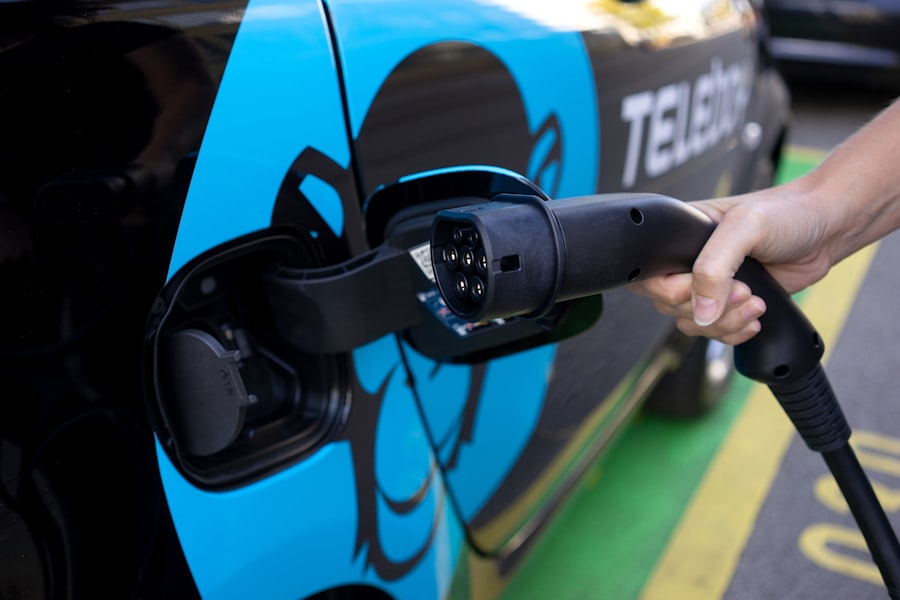
Hydrogen-Powered Aviation: The Race to Create the First Commercial Waterstoff Plane
The aviation industry is looking for ways to reduce emissions and many believe that hydrogen is the answer. Start-ups like H2Fly in Stuttgart are developing passenger planes powered by hydrogen and Airbus plans to have a market-ready plane with a hydrogen engine by 2035. H2Fly’s four-seat test plane took off in 2016 and they plan to launch a 40-seat Dornier with 2000 km range powered solely by hydrogen in two years. A center for hydrogen-electric flying at the Stuttgart Airport will be established by the end of 2024. Other companies like ZeroAvia are also working on hydrogen engines, having already launched a 6-seater and even a 19-seater plane in 2020. Companies are racing to create the first commercial waterstoff plane, with Baden-Württemberg being well positioned to win this race.
The Versatility of Hydrogen
Hydrogen is an incredibly versatile element, with a wide variety of applications in many industries. It can be used as a fuel source, either directly or through the production of electricity and heat, and is also used to produce ammonia for fertilizer, methanol for fuel additives and other chemicals. Hydrogen can even be used to store energy in fuel cells, which are becoming increasingly popular in the automotive industry. Hydrogen has been used throughout history, but its potential as an energy source is only now being fully realized.You might also like this article: TSV Glinde plant Umzug – Bürgermeinungen gesucht!. Picture source: Tommy Krombacher